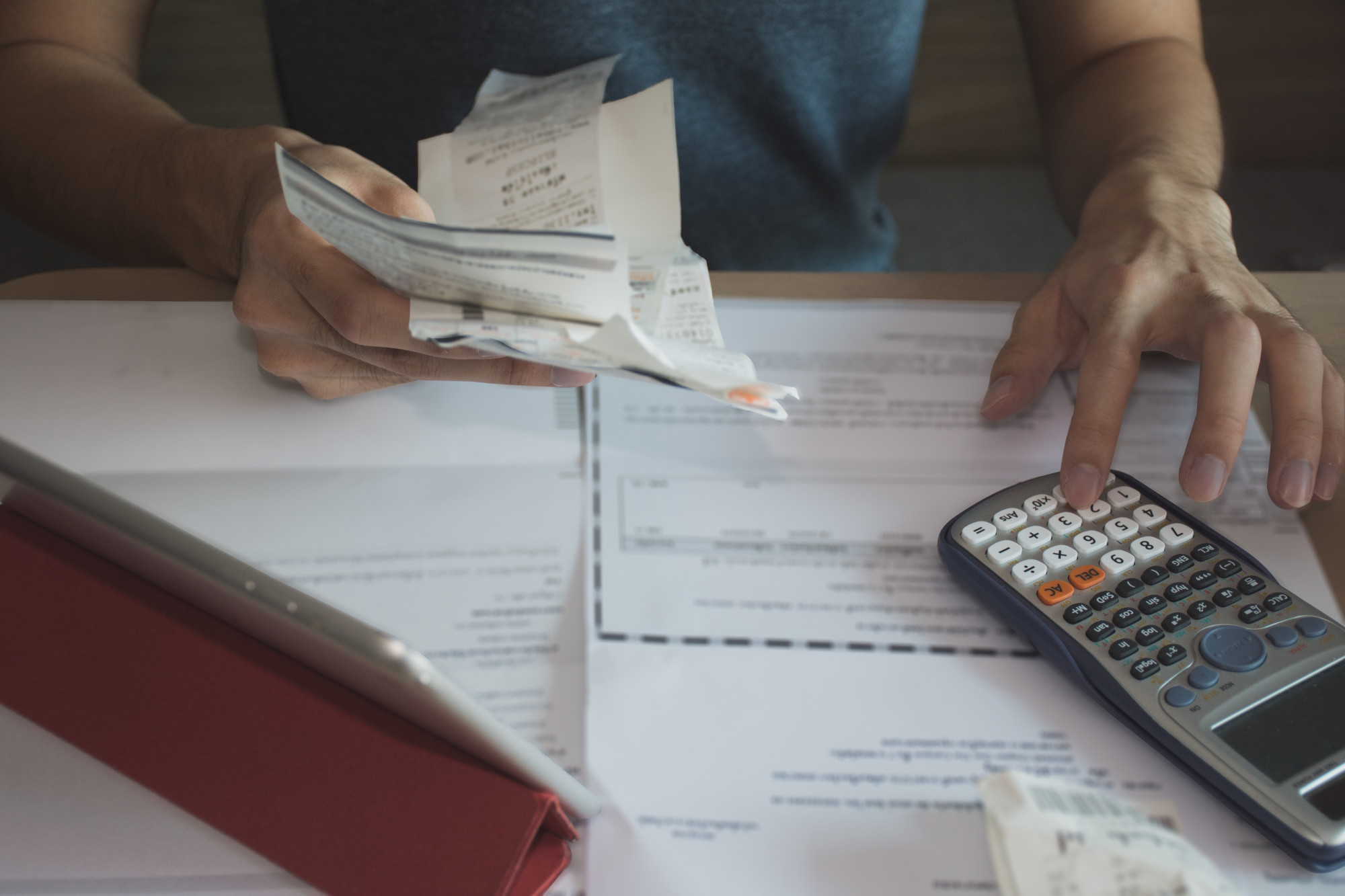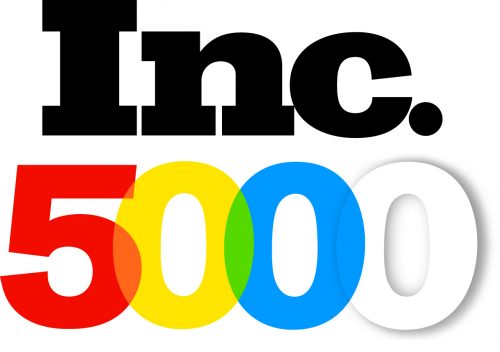At first, tackling your debt seemed somewhat manageable.
You eliminated discretionary spending habits, created a budget, and started prioritizing your savings account. You might have even taken on a side job to earn extra income.
Now, however, you’re discovering that your outstanding debts are simply growing too high. No matter what steps you take now, you’ll be unable to scale this mountain.
While this can be an uncomfortable position to be in, there are resources designed to help you out of it. Today, we’re taking a look at the options you have when you’re ready to take a step forward out of debt for good.
Prioritize Your Bills
If you don’t have enough money coming in to cover all of your bills, you’ll need to first determine which ones you can pay.
Usually, secured debt takes priority. This is because these debts are backed by collateral. Defaulting on them could mean losing valuable assets, such as your car or home.
Thus, it’s usually best to put any available money toward your these debts, which include your mortgage and car loan. Both foreclosing on your home and losing your car to repossession can wreak havoc on your personal life and financial health. That’s why it’s wise to avoid these repercussions altogether.
Once you’ve paid your secured debts, you can prioritize the rest of your outstanding debts. To do so, look at the late fees and penalties you’ll incur for any missed payments.
Identify the ones that charge the highest late fees, as well as any that impose a penalty APR. If possible, focus on those next and pay them first.
In addition, grace periods are another factor to consider. If one creditor allows you a longer grace period to make your required payment, you can buy yourself some time by covering the shorter repayment timelines first.
Contact Your Creditors
Struggling to pay your utility bills? What about your credit card payments, medical debt, student loans, and more? Instead of skipping your payments altogether, try reaching out to your individual creditors.
If you explain your case, they might be willing to put your loan into temporary forbearance. This means they will suspend your payment obligations for a short period of time and offer temporary relief. Especially if your inability to pay is associated with a short-term financial setback, it’s always worth calling to check.
To boost your chances of receiving a favorable reply, have a proposed repayment plan ready when you call. You should be able to explain to your creditors how you plan to fulfill your financial obligations, not simply ask them to help you out of them.
Consider Debt Consolidation
In short, debt consolidation is the process of rolling your various, high-interest debts into one, lump-sum loan. This loan usually has a longer repayment term and a lower interest rate, making your monthly obligations more manageable.
You can approach this process in one of two main ways:
- Obtain a 0% interest balance-transfer credit card
- Obtain a fixed-rate debt consolidation loan
With the first option, you’ll transfer all of your outstanding debts onto the balance-transfer card. Then, you’ll use this card to pay your balance off in full during the interest-free promotional period.
With a debt consolidation loan, you’ll take out a loan in the amount of your combined debts. After using the money to pay off your debt, you’ll pay your lender back over time. Your lender will set the interest rate and repayment timeline.
Why go this route? When you’re only making payments to one lender, it’s easier to keep up with your requirements. You’re also at a lower risk of missing a payment and incurring a penalty fee.
Keep in mind that if you opt for a consolidation loan that carries a longer repayment period than your current debt, you’ll pay more in interest over time. Still, this option can make your overall debt more affordable and is often worth the extra charge.
Research Debt Resolution
When you pursue debt resolution, your creditors agree to accept a payment of less than the current total you owe. This might mean paying them back in one lump sum or establishing a payment plan that lets you pay them back over time.
Especially if your FICO score is less than 700, this can be a valuable way to eliminate your outstanding debts. Other options require higher scores to qualify, including debt consolidation via a personal loan.
Debt resolution can be a smart solution if you are falling behind on payments. It can also help alleviate the burden of recurring monthly payments.
Look Into Mortgage Cash-Out Refinance
Another option is to consider a mortgage cash-out refinance. With this approach, you’ll replace your existing mortgage with a loan amount that’s greater than what you owe on your house.
First, you’ll apply the loan proceeds to pay off your existing mortgage. This includes closing costs and prepaid items, such as homeowner’s insurance. Then, you can use the remaining funds as you wish, pursuing home improvements, debt consolidation, and more.
Today, you can qualify for a loan with a FICO score as low as 500 as long as you have at least 25% equity or a 75% Loan-to-Value (LTV) ratio.
Consider Filing for Bankruptcy
In most cases, filing for bankruptcy is a last resort, only recommended if you’ve exhausted all of the above options.
When filing for individual bankruptcy, you can choose to file under Chapter 7 or Chapter 13. With Chapter 7 bankruptcy, you’ll pay back your creditors quickly by selling off your non-exempt assets. With Chapter 13, you’ll enter into a repayment plan that allows you to protect your assets, but takes around three to five years to complete.
While it can cause your credit score to take a major hit, this is sometimes your only way forward. Bankruptcy allows you to escape your debt and start fresh, once and for all. Once the process is complete, you can apply for a secured card and begin rebuilding your credit.
Effectively Reduce Your Outstanding Debts
The inability to pay your bills can leave you in an impossible position. You want to start saving and managing your money, but with so many creditors knocking at your door, you’re unsure where to begin.
When you’re faced with outstanding debts, you have a few options to reverse your situation. Any of the above approaches could be a helpful way out, depending on your personal needs.
Of these, debt consolidation is one of the easiest and most effective methods, with the least amount of short-term or long-term penalties.
Are you interested in seeing your options today? Fill out this form and we’ll match you with the debt consolidation offers that can help you reach your goals and get back on your feet.




